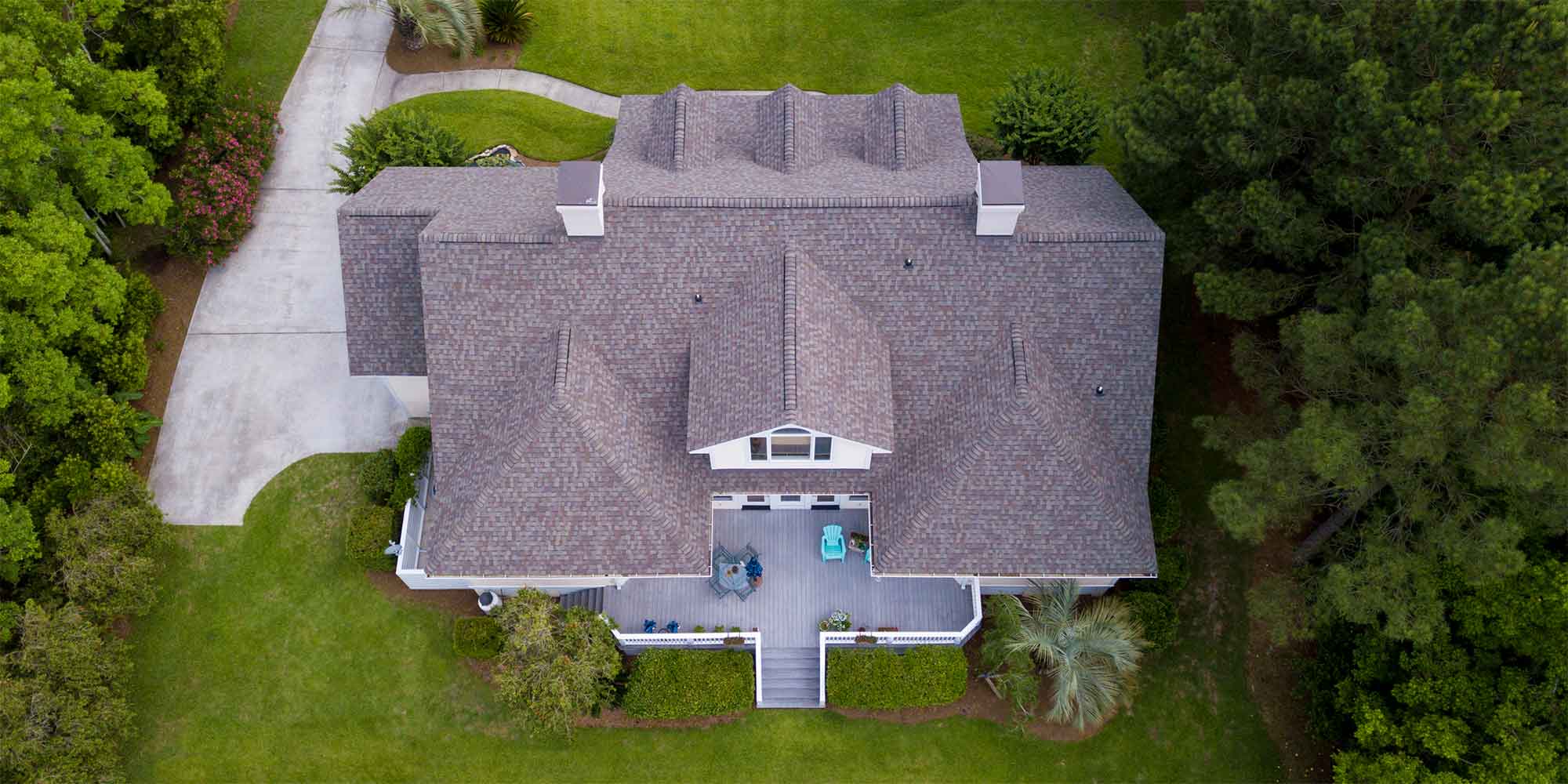Advertisement
The coronavirus (Covid-19) pandemic continues to impact multiple industries worldwide, and the property sector is no exception.
The South African property market pre-pandemic showed positive signs of improvement, with an increased transaction rate. However, the five-week national lockdown has undoubtedly put strain on homeowners and halted any optimism that may have been building.
The physiological effect of the pandemic will have a massive effect on the property sector, with consumers becoming more hesitant to spend, and harder to convince.
The Government and Reserve Bank are doing what they can to drive the economy, with an unprecedented 2.25% reduction in interest rates and a R500 billion economic stimulus package to help fight the economic fallout.
Major banks and most landlords are also doing their bit by agreeing to rental holidays and allowing for missed payments to be made up sometime in the future when the economy (hopefully) returns to normal.
Advertisement
These are small steps that may help stave off large-scale repossessions, but are simply not enough to help stop residential house prices from dropping. Estate agents across the country are already seeing property prices in certain estates, suburbs and complexes dipping below levels seen in the last three years, but it is not all doom and gloom.
The winners
The biggest winners are likely to be astute buyers and those with access to capital who can bargain shop for distressed assets, with sellers looking to offload stock quickly. A large percentage of these buyers may be foreign, no doubt tempted by the weakening rand and excellent property prices.
The losers
The steepest drop in prices is likely to be in the commercial property space, where values could come down by as much as 40%. Tenants are unlikely to agree to pay the same for rent in the foreseeable future, causing empty spaces, and property owners ultimately having to be prepared to sign up rentals at lower rates.
The moderate in-betweeners
There is no denying that there will be an immediate slump in residential property prices, and that this will create a buyers’ market.
Taking a segmented view, the affordable housing market (R750,000 and below) will be relatively resilient as the demand here is still strong. In these lower and middle sectors, sellers often tend to have fewer options and so are usually prepared to consider offers that are less than their asking prices. This is therefore an ideal time for first-time buyers in this sector to save, and then hit the market straight after lockdown.
The middle market (R750,000 to R1.5million) will be hardest hit by the pandemic, depending on the levels of debt exposure from consumers and the extent of overlap of the SMME market. Those that own multiple properties may consider leveraging one to boost available personal capital.
Given the elastic nature of the affluent property segment (R1.5 million to R10 million), it is likely that this sector will shrink and decline because of the potential tightening of credit policy and reduced affordability from consumers.
Properties in idyllic coastal towns are likely to increase in value more than those in urban areas, thanks to a semigration and early retirement wave that already existed prior to the national lockdown. Post pandemic, this wave is likely to continue, especially considering the rapid adaptation to remote, web-based working, which has spread almost quicker than the virus itself.
Confidence despite uncertainty
Despite the immediate dip in process, it is important to remember that the property market has been here before, after the 2008 economic crash. If the market follows that same cycle, the demand for residential property is likely to be the first sector to bounce back, thanks to its resilient nature. There is then likely to be a significant sales resurgence in the coming months, as banks begin to process repossessions. This will in turn flip the market so that it favours the seller, although they will still be forced to adjust their price expectations, in response to what buyers are prepared to pay and what the banks are prepared to lend.



